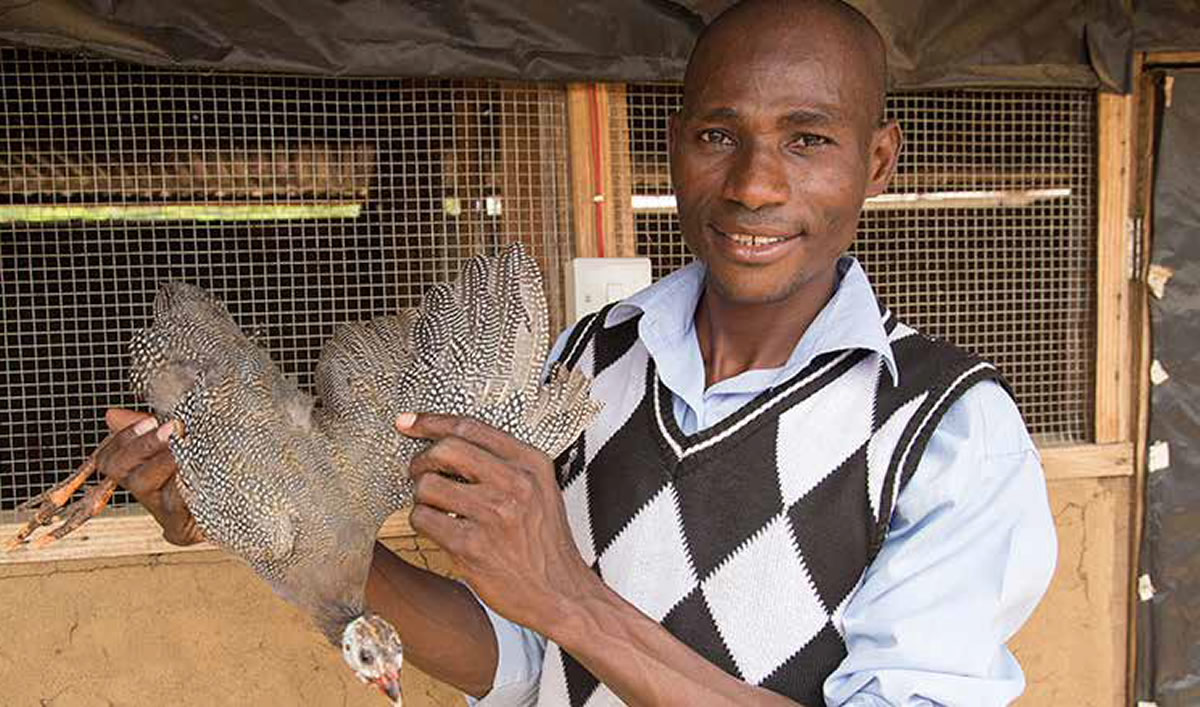A program of the WAAPP is developing the guinea fowl breeding industry in Ghana to create rural jobs. Incubation methods and techniques, such as guarding guinea fowl to protect them from predatory birds, have boosted the productivity rate by over 500 percent. Program starter kits include financial support, an incubator, a generator, 500 eggs, a dewormer, fodder, and vaccines. Participants also receive regular visits from agricultural trainers who help them with poultry care. Today, more than 50,000 people benefit from the program.
« Before, I could not produce more than 100 birds a year. Now our losses are really minimized. For this year alone we had more than 800 poultry, so we were able to hire young people to help me, » says Adamu Mubarik, a guinea fowl farmer in Garu Tempane.
« Thanks to the income from this activity, I was able to pay my kids’ university fees without making any loans. »
WAAPP-Ghana’s guinea fowl program is designed, so that beneficiary farmers also support others in their community. Each WAAPP-sponsored farmer is paired with an aspiring guinea fowl farmer, to whom he provides guidance and access to resources. For a low fee, WAAPP beneficiaries also rent out space in their incubators to farmers who want to hatch their eggs.
Entire communities of guinea fowl farmers have thrived as a result, with up to 50,000 people benefiting from WAAPP’s initial investment in just 80 farmers.
« Agriculture is already one of Ghana’s biggest employers, but the energy and optimism that fuels the sector means that it can have an even bigger impact,» says Henry Kerali, World Bank Country Director, Ghana.
« The Bank is supporting Ghana’s guinea fowl industry because it’s ripe for expansion- it has the potential to create thousands of jobs, earn revenue by selling to the local and international market and help alleviate poverty. »
Many other farmers are looking to replicate the experience of Adamu.
« I get calls from Kongo, Basunde, every corner of this district, » says Adamu. «They want to hatch their eggs using the incubator or buy eggs or a guinea keet. They’ve heard of the farm and want to see what I’m practicing here.» Mubarik, who received a starter kit from WAAPP in 2013 and now produces up to 3,200 birds a year, is keen to put others on the path to success.
According to the International Livestock Research Institute (ILRI), up to 80 percent of the agricultural gross domestic product (GDP) in developing countries comes from livestock while 600 million rural people are dependent on livestock to feed themselves and their families. Farmers often raise indigenous breeds, managing herds both to maintain diversity and to support community livelihoods. « In the face of climate change and otherchallenges to food security, it is critical we maintain the resilient characteristics of breeds that are well adapted to rough terrains, harsh environments, and limited feed and water, » says the FAO Director-General José Graziano da Silva.
« And many breeds have valuable characteristics that help maintain landscapes and wildlife habitats ».
 English
English
 Français
Français 
